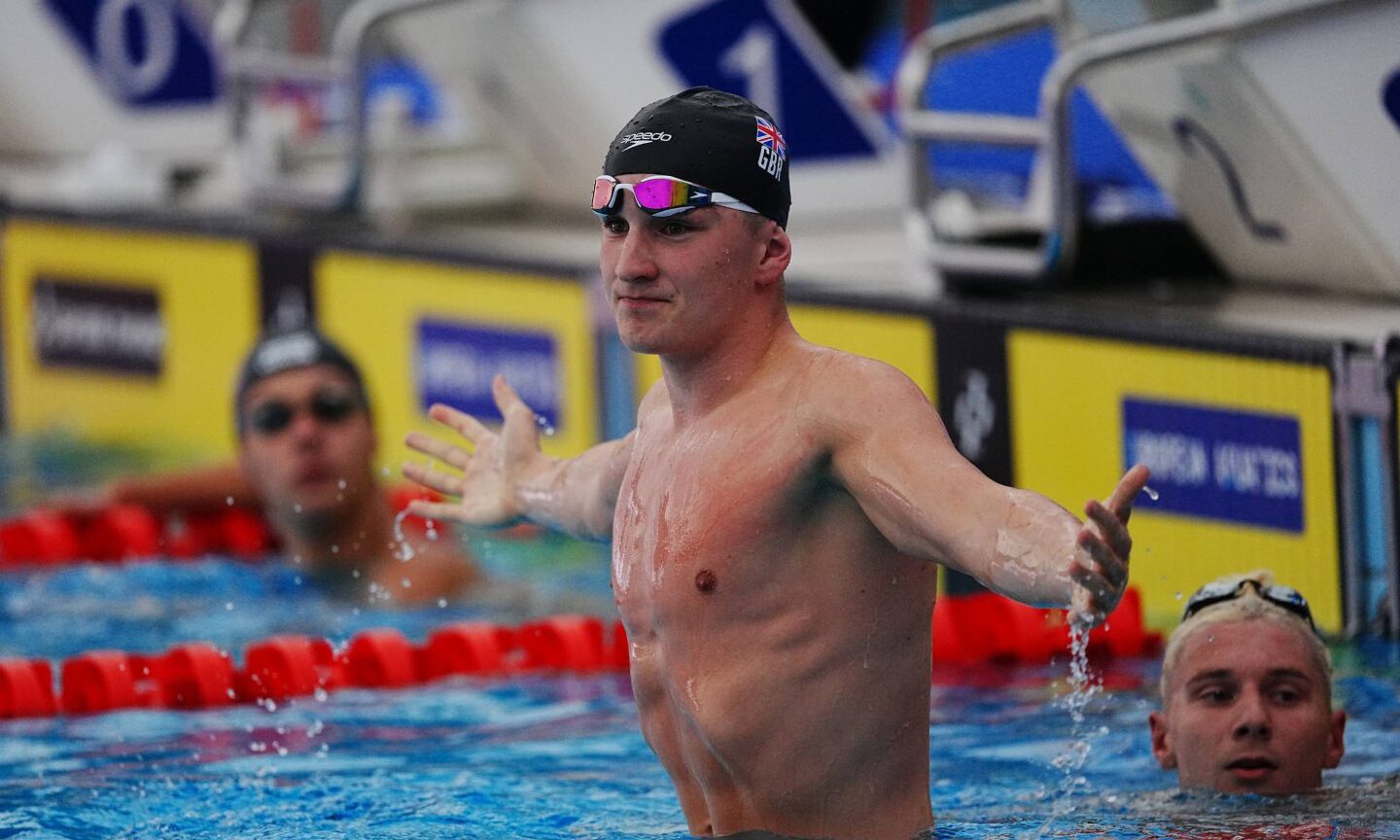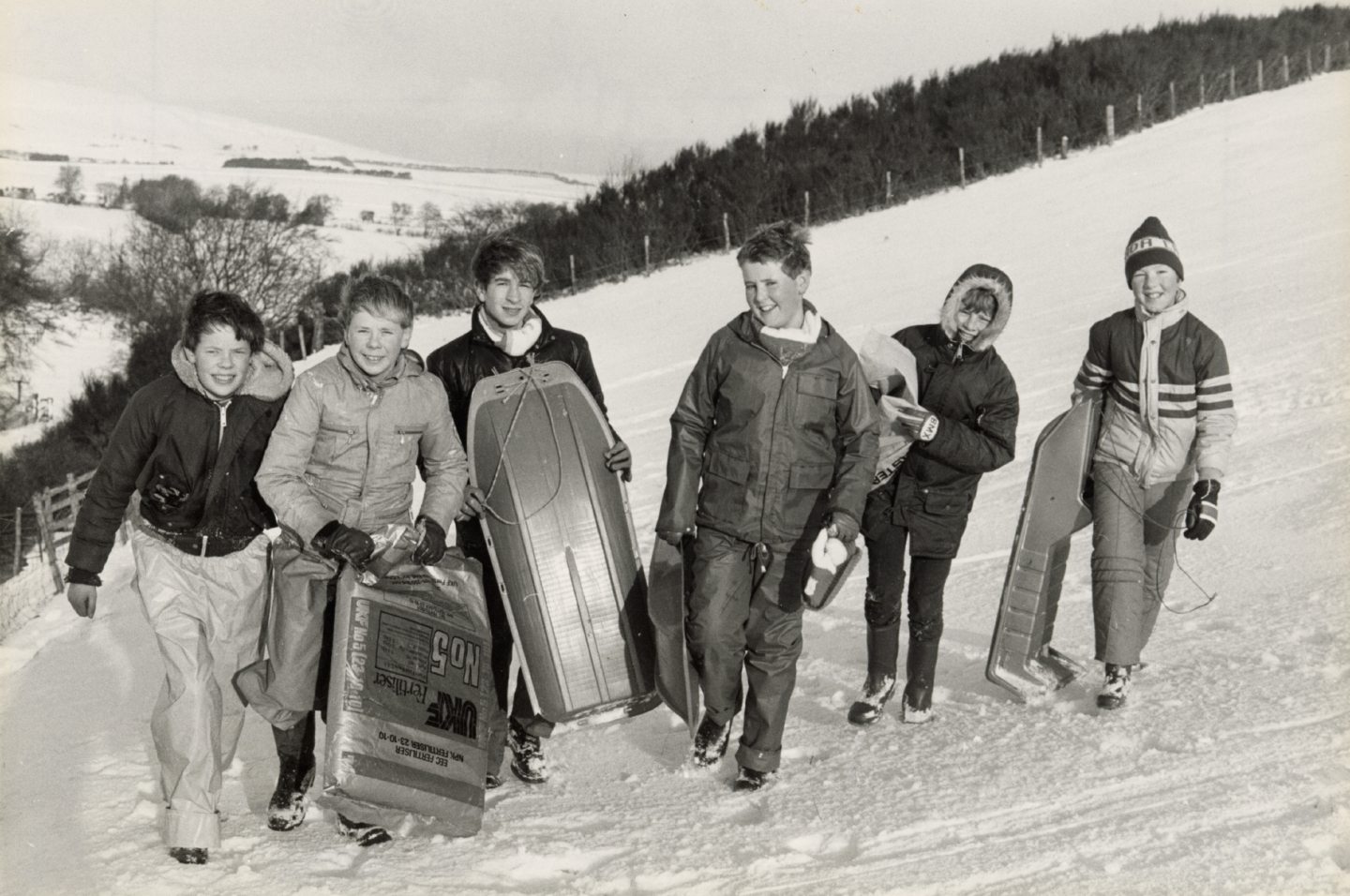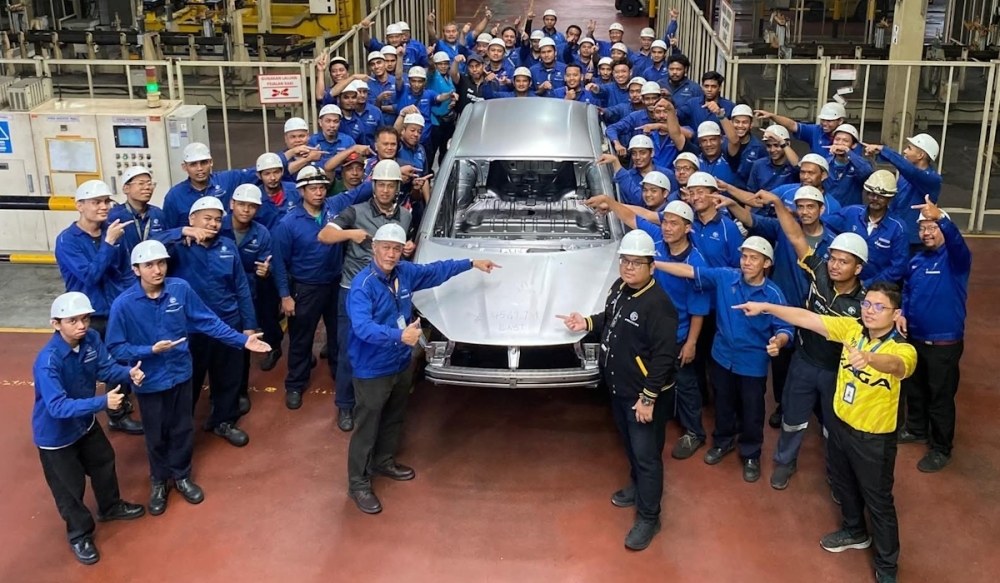What lazy, sex-obsessed Western pop could learn from wholesome K-pop
From toning down sexualised lyrics to making sure fans get value for money, here are eight things Korean pop does better

Thanks to the record-breaking success of the animated movie KPop Demon Hunters, K-pop has kapowed its way into the affections of millions of Netflix subscribers around the world.
Released to little fanfare in August, the film has become the most-watched Netflix film of all time, with a gargantuan 266 million views (nearly as many as all four seasons of Stranger Things combined), and is even dominating Western pop, with the song Golden from the film’s soundtrack racking up four weeks atop the UK singles chart.
But the smash-hit cartoon isn’t the only measure of the stellar popularity of pop music originating from South Korea. Apple TV+ has recently debuted Kpopped, a reality show in which Western stars such as the rapper Megan Thee Stallion and members of the Spice Girls travel to Seoul to collaborate with popular local artists. Meanwhile, K-pop girl group Blackpink – fresh from two sold-out nights at Wembley Stadium – feature prominently on the soundtrack to the new season of Netflix’s spooky hit series Wednesday.
There are many factors that explain the growth of K-pop, from the general rise in popularity of Korean culture in the West (whether video games, fashion or film; Parasite became the first non-English language film to be awarded Best Picture at the Oscars in 2020) to the pandemic, when people were looking for joyful escape.

The growth of K-pop is all the more extraordinary when you consider the continued struggles facing the Western music industry. With demand for physical media declining – vinyl sales fell 33 per cent in the US last year – the industry’s only sure-fire way to make money is to charge ever-more scandalous ticket prices.
Whether it’s £500 to see Oasis or £120 to watch Bruce Springsteen from the back of a stadium, gouging punters is the business’s answer to every challenge. And while tickets to see the biggest K-pop artists aren’t exactly cheap – tours by the likes of Blackpink, BTS and Seventeen will cost you hundreds of pounds, plus the necessary costs of merchandise and props (such as Blackpink’s famous light sticks) – at least you’re getting bang for your buck, in the form of elaborate dance routines and long runtimes.
Here are eight lessons the Western music business can learn from K-pop.
1. Don’t be afraid to mix things up
There is no such thing as a typical K-pop song. The genre takes inspiration from everywhere – hip-hop, R&B, rock, traditional Korean music – and artists aren’t afraid to try different things. For example, Blackpink’s 2022 hit Pink Venom – one billion YouTube views and counting – opens with the sound of a geomungo, a Korean plucked zither. It then segues into West Coast rap and G-funk, with lyrics that reference the Notorious BIG and Rihanna. It’s an addictive mix that allows artists to evolve and adapt with their audience.

2. Be up front that pop music is an industry
K-pop artists and producers don’t hide the fact that the music business is a production line. The South Korean music industry is dominated by “entertainment agencies” such as YG Entertainment, Hybe Corporation and JYP Entertainment, self-declared hit factories that assemble bands from scratch. For instance, BTS – Coldplay collaborators and Wembley headliners – were formed by Bang Si-Hyuk, the chief executive of Big Hit Entertainment, who required his recruits to practise together for 15 hours a day and to live together. BTS wasn’t just their job; it was their entire life.

Western pop groups have obviously been assembled along the same lines for decades: the Spice Girls started as a project of father and son impresarios Bob and Chris Herbert, while One Direction came together on The X Factorunder the withering gaze of Simon Cowell. However, in the case of K-pop, there isn’t any embarrassment around the idea that bands are artificial constructs. For instance, Blackpink’s Rosé – real name Roseanne Park – left her home in Melbourne at age 15 to sign with YG Entertainment, moving to Seoul to study as a “trainee”, much as a young footballer might enrol at an elite academy. That doesn’t detract from Blackpink’s music. If anything, her commitment to making it as a pop star has enhanced her popularity with fans.
“In the West in general, we tend to vilify the commodification of the music industry; and in South Korea that’s not really a concern,” K-pop expert Tamar Herman told Billboard in 2020.
3. Don’t be afraid of solo careers
Robbie Williams endured a messy break-up with Take That before he managed successfully to reinvent himself as a solo artist; One Direction fans went into mourning when member Zayn Malik left the group in 2015. But with K-pop, there is no contradiction between an artist being a member of a successful group and excelling as a solo star.
BTS has spawned stand-alone careers for members Jimin and Jungkook, even though the band remains a going concern. When Blackpink played London recently, all four members performed solo material – including Rosé, who romped through her 2024 single Apt, a Bruno Mars collaboration that went to number one in 50 countries.
If a member of a British girl group released a chart-topping solo single, the assumption would be that the band was on borrowed time – yet Blackpink are currently touring the world and are expected to release a mini-album later in the year.
4. Pay attention to choreography
When One Direction became a success, they were up front about not having any interest in dancing. They were boy-next-door types, who slouched laddishly around the stage – declining to gyrate, waggle or click their fingers. But while that approach was refreshing at the time, K-pop has reminded audiences that everything in life is more fun with a spot of synchronised dancing.
That fact is made clear in Apple TV’s Kpopped, when Spice Girls Mel B and Emma Bunton fly to Seoul to perform a mash-up of their hit Wannabe with K-pop girl-group Itzy. Mel B wants to improvise the routine – to have a laugh with it, really. But she quickly discovers that this isn’t how things go in K-pop. The dance routine has to be tighter than a pitbull’s leash – which is why K-pop artists typically practise for up to 12 hours a day, six days a week.
5. Make the label the star
The days when record labels were as big as the artists they promoted are long over. But what great times they were. Remember the glory years of indie mavericks such as Creation (home to Oasis) and Factory (which gave us Joy Division and Happy Mondays), or Berry Gordy’s Motown, which used the same core house band and songwriters to clock up hits for the Supremes, the Jackson Five and the Temptations?
That spirit of excess lives on in K-pop. SM Entertainment – founded by K-pop guru Lee Soo-man – has its own six-floor entertainment complex in Seoul, including a museum, gift shop, theatre, and café, and plans to open pop-up shops and restaurants across Indonesia, Thailand and Vietnam.
6. Give fans value for money
Taylor Swift and Bruce Springsteen are outliers in the West in that they have pioneered the concept of the three-hour concert. Yet lengthy shows are standard among K-pop artists. At Wembley in August, Blackpink played for more than two and a half hours; when BTS set up camp at our national stadium in 2019, they romped through a gargantuan 25 tracks and were on stage for the best part of three hours. It puts Lana Del Rey’s 90-minute stadium shows this past summer to shame.
7. Get the marketing right
K-pop artists are expected to maintain a constant dialogue with their audience – whether via taking questions on social media or engaging with the public on dedicated platforms set up by their labels. In 2021, JYP Entertainment established JYP Three Sixty – later renamed Blue Garage, which hosts its own social media platform where fans follow and communicate with the company’s roster of singers.
“The fan experience is treated as part of the artistry and they become part of the story, giving them more of a real connection and incentive to keep supporting,” says YouTuber Katy Richards, who runs the Hallyu Doing K-pop channel. “That is something Western labels are only just starting to adopt. The real magic again is how K-pop builds fandom as part of the story. Fans are not just spectators but active participants.”
In the Western world, Taylor Swift has come closest to matching K-pop’s marketing magic – making fans feel involved by hosting in-person fan events (as she did early in her career) and by filling her social media and lyrics with her famous “Easter eggs” and in-jokes, that foster a sense of community. But she is very much an outlier – and it feels telling that she is friendly with Blackpink and has been seen bopping along to their concerts. Have they shared notes?
8. Tone down the sex
If you’ve taken your child to a Tate McRae or Sabrina Carpenter concert recently, there may have been a moment during the evening when you found yourself questioning your parenting – so risqué is the dancing and explicit the lyrics.
By contrast, K-pop keeps things wholesome. This matters in America, in particular, in that it ensures those of a more conservative nature are kept onside. And obviously, K-pop is a politics-free zone. The aim is to entertain audiences of all ages, genders and political persuasions – not to scandalise or preach.
[Source: Daily Telegraph]




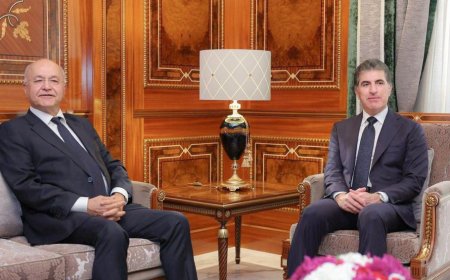
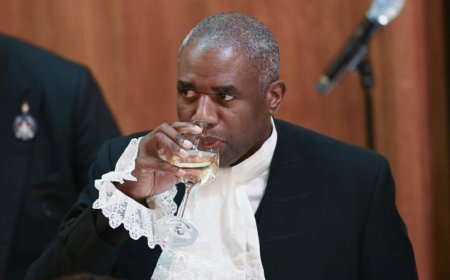







/file/attachments/orphans/rebecca-hague-mothers_864112.jpg)







